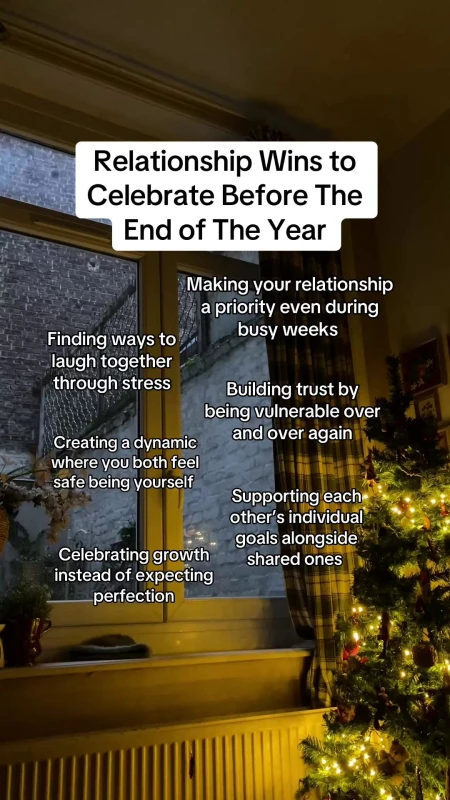arriage is not without its challenges, even if you married your best friend. The journey of a married couple may encounter rough patches and seemingly insurmountable obstacles. And while every relationship has its unique stories, mass research has shown the reasons relationships fail tend to repeat. Understanding these causes and actively seeking solutions can pave the way for saving a marriage and reigniting the flame.
Here are the leading causes for divorce in the US, according to a few major studies:
- Lack of Commitment: A faltering commitment to making the relationship work can lead to poor communication and a lack of compromise. Rebuilding trust and open communication are key to addressing this issue.
- Constant Arguing or Conflict: Endless arguments and unresolved conflicts take a toll on a marriage. No couple goes on for long without fighting, the key is learning constructive conflict resolution skills.
- Infidelity: Betrayal can trigger anger, and resentment. Rebuilding trust and addressing underlying issues are essential for healing.
- Marrying Too Young: Growing apart due to personal development and changes can strain a marriage. Recognizing shared interests and nurturing emotional connection can help bridge the gap.
- Unrealistic Expectations: Unrealistic expectations about marriage can lead to disappointment and dissatisfaction. Open communication about expectations and priorities is hard – and crucial.
- Lack of Equality: Feeling unvalued or pigeonholed into traditional gender roles can breed resentment. Having an open, honest conversation about the division of responsibilities and help.
- Inadequate Preparation: Insufficient preparation for marriage can make cohabitation challenging, especially if you’ve not been fully sharing your life prior to tying the knot. Pre-marital counseling and discussing long-term goals can be beneficial.
- Domestic Violence: Abusive behavior in a relationship can be devastating, and never tolerated. That’s the one thing we won’t encourage you to resolve as a couple. Prioritizing safety and seeking professional help are essential for addressing domestic violence.
- Financial Problems: Let’s face it: financial stress can strain a marriage. Working together to create a budget and addressing spending habits can alleviate financial issues.
- Religious Differences: Varying values and beliefs can create conflict. Learn to respect each other's perspectives and finding common ground is possible, even with core values being different
Here are some practical strategies for getting back from the danger zone
- Recognize What's Working: Acknowledge the positive aspects of your relationship and work on being more open to the positives even during challenging times. Start with thinking of all the reasons you’re grateful for your relationship and your partner when you brush your teeth in the morning. Next step: tell them about it.
- Remember the Good: Reflect on the moments that brought you together and use those memories as a foundation to rebuild your connection and fan the spark into flame.
- Accept the Past: Embrace what has happened and commit to creating a new beginning together, acknowledging the changes in your relationship. The past is behind us. By giving up on the hope our past will change, we clear a way for our futures to be different.
- Be Open-Minded: Make an effort to see your partner's point of view and validate their truth, fostering understanding and closeness. You don’t have to give up your perspective for your partner to make sense to you. It’s not a zero-sum game.
- Find Time for yourself: Cultivate dynamic lives outside the marriage: socializing, friendships, and activities that contribute to personal growth and happiness. When your cup is full, it’s easier to be generous. Remind that to each other.
- Put the Relationship First: If your relationship is suffering and you want to make it better, mark that as a major project and prioritize it. Simply wanting things to get better never gets you anywhere at work, and it’s no different with relationships. Thought, action, and resources are necessary.
- Acknowledge What Can't Be Fixed: Research has shown that about 70% of conflicts are never resolved. Focus on understanding the deeper meaning behind each other's position, and know that you can be happy and trusting even with stuff on the table.
- Don't Give Up Too Soon: Commit to working through difficult issues and conflicts, realizing that challenges are a natural part of any relationship.
- Ask for Help: Seek guidance from a professional who can mediate, coach, and teach effective communication skills. It doesn’t have to be expensive or complicated. These days you can get effective, focused help online and get back on track in a matter of weeks.
At the end of the day, life can get really hard, and when our cups are empty, we sometimes turn on the ones closest to us. Disappointment and hurt turn into resentment, that turns into contempt. The way to fight that erosion and stay close is by forging a deep friendship, nurturing fondness and admiration, and fostering emotional connection.
When couples identify and address underlying emotional needs, they can explore and understand their emotional responses, leading to healing emotional wounds and strengthening their bond. Remember, marriage is a journey of growth and discovery. Pain is often a passage to a rediscovered self, and when a relationship survives a hardship, the reward is often a stronger, healthier connection.
Want to learn more tips and tricks on how to stay of the danger zone? That's what we're here for. Master healthy conflict, communication, boundaries and so much more with OurRitual.

























